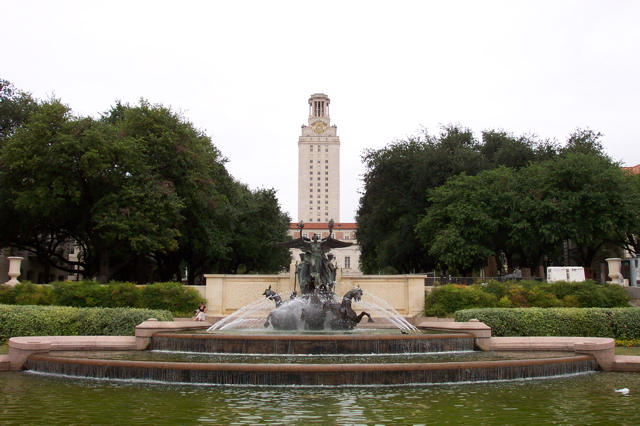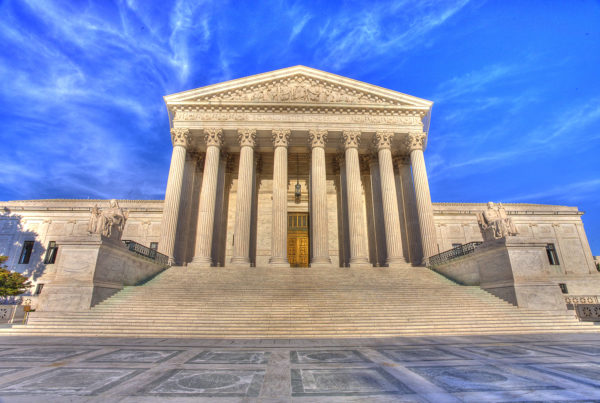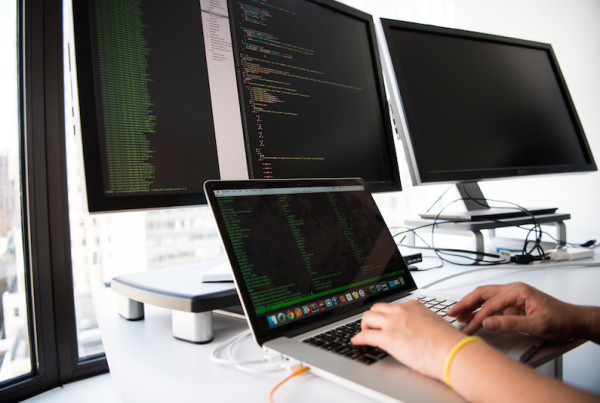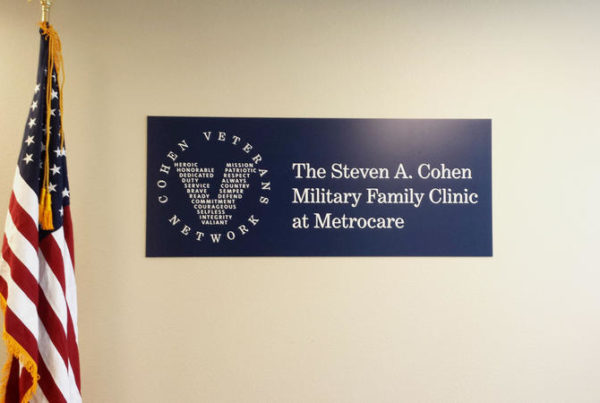The court upheld an affirmative action program at the University of Texas at Austin, ending a legal battle that started in 2008.
In Fisher v. the University of Texas, Abigail Fisher, a white student, sued the university for using race as a factor in college admissions. The decision sets a national precedent, at least for the time being.
Neena Satija, investigative reporter with the Texas Tribune, says that this isn’t the first time the Supreme Court has ruled on affirmative action. In fact, it isn’t even the first time that it’s heard this particular case.
“It’s pretty unusual for the Supreme Court to decide to hear a case a second time,” Satija says. “The first time they heard the case… they basically sent it back to the lower court, effectively upholding race-based affirmative action at UT.”
Fisher then appealed the case, and the Supreme Court agreed to hear it again. The court has been ruling on similar cases for decades, Satjia says. Each time they “chip away” at what kind of policies that universities can use when considering race in admissions. However, this ruling was vaguer.
“Decades ago, it was: You can’t use quotas, you can’t say, ‘We have to have this percentage of students of color at our university,'” Satija says. “In 2003, with University of Michigan, it was: You can’t use a point system. So today, no such sort of prescription was made.”
But that doesn’t mean that UT-Austin gets a free pass on their admissions policy, either. In his opinion, Justice Anthony Kennedy wrote that the ruling “does not necessarily mean the University may rely on that same policy without refinement.”
“I think what he’s trying to say here is, ‘Hold on UT, we’re upholding your policy of use of race in admissions, but that doesn’t mean that you have a blank check,'” Satija says. “This issue is not over.”














